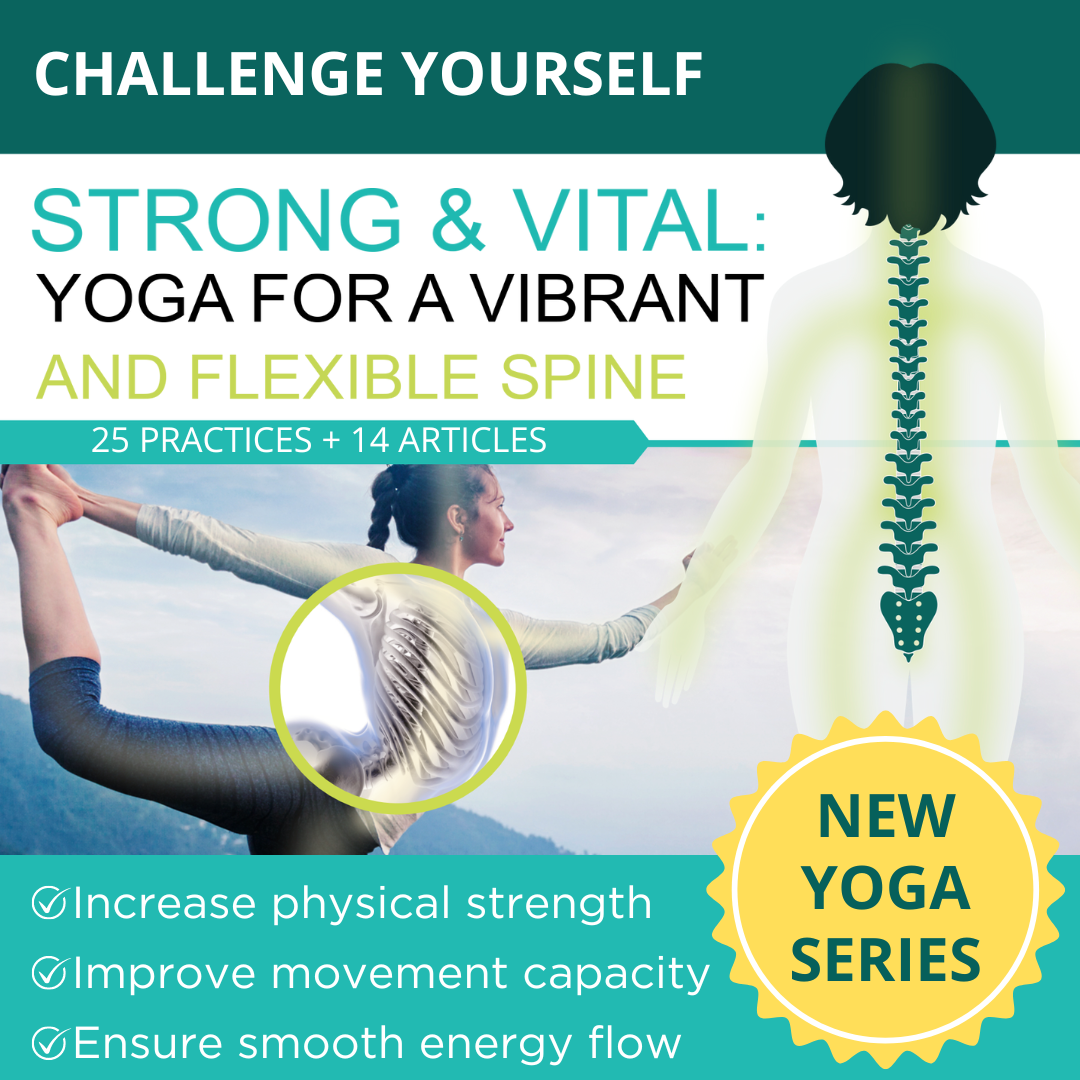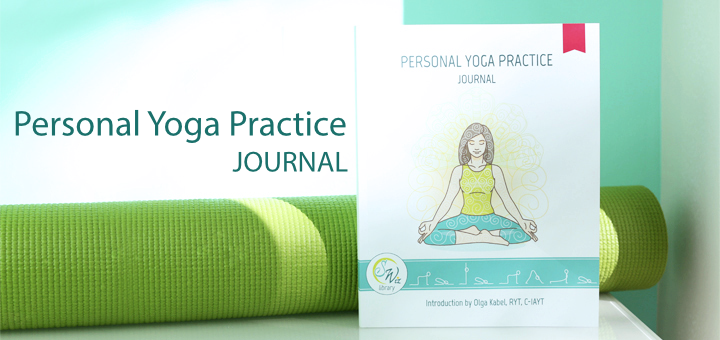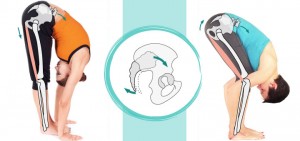Virtual event: Working with individuals & small therapeutic groups around trauma (with Mary Hilliker and Olga Kabel)
0Working with people who have experienced trauma is some of the most difficult and humbling work that we might take on as yoga therapists or yoga teachers trained in yoga for trauma recovery. Yoga teachings help us understand human suffering from a philosophical perspective. We have yogic frameworks for the assessment and management of a wide range of conditions and symptoms that result from trauma. Putting that knowledge and practical experience of the tools into practice with clients is an ongoing process of professional development and personal growth. Working with people recovering from trauma is humbling and rewarding. It brings us face-to-face with people who are courageous and resilient in the face of suffering.
Do you have questions about working with students who have experienced trauma? Join experienced yoga therapists Mary Hilliker and Olga Kabel for a casual discussion of practical teaching strategies when working with individuals & small therapeutic groups around trauma.

Mary Hilliker (C-IAYT) is a yoga therapist with over 20 years in the field who works with students individually; teaches yoga therapy groups, webinars, and special events; trains yoga teachers; and provides continuing education for yoga teachers and yoga therapists. Mary will share her experience and describe her process of assessing, setting goals, reassessing, and designing practices both in the context of private sessions and within therapeutic groups, for students who’ve experienced trauma.
Some of the questions discussed will include:
- Is there a difference between working around trauma vs. working with trauma?
- How do yogic teachings on suffering educate our work with trauma?
- Trauma can show up on different levels of the system. How do we decide which level to work with?
- Do triggering experiences happen during yoga therapy sessions? How do we handle them?
- How’s working with students individually different from working within a therapeutic group?
- What are the criteria for forming therapeutic groups, and who forms them?
- How do we adjust the practice to the individual within a therapeutic group?
- How can we do this kind of work authentically online rather than in person?
- What is the scope of practice of a yoga therapist when it comes to working with trauma?
Are there other questions that you would like to discuss? Join the conversation on Friday, October 28 at 2 pm ET / 11 am PT and ask away!
This event is open to Sequence Wiz members only. Please reserve your spot here >
If you are not a member, you can sign up for a free 14-day trial of Sequence Wiz here >
We hope to see you at the event!
Blog posts by Mary
Assessment models for working with clients and small therapeutic groups around trauma
Human suffering is universal, but everyone’s experience of suffering is unique, even for those who have been through the same traumatic event. Our role as Yoga Therapists and yoga teachers is to understand as best we can the uniqueness of a client’s experience and to apply the appropriate yoga tools to help them in their journey of recovering and reclaiming their life. Many perspectives from the ancient models, The Pancamaya Model, Guna-s, Doshas, Cakra-s, might be helpful in working with clients with trauma. Read more >
Adaptation of asana and appropriate sequencing are essential to relieving pain, reducing muscle tightness, and aiding in physical healing after trauma. “All grand performances of asana teaching can be set aside. As we guide asana, it’s all about the client.” Read more >
 There is a variety of yogic tools we can use to help students deal with past trauma on the physiological, cognitive, emotional, and personality levels. Mary writes: “I appreciate how the Pancamaya model provides an organizing structure for considering the wholeness of every human being and for aligning yoga techniques with what the client needs from their practice.” Read more >
There is a variety of yogic tools we can use to help students deal with past trauma on the physiological, cognitive, emotional, and personality levels. Mary writes: “I appreciate how the Pancamaya model provides an organizing structure for considering the wholeness of every human being and for aligning yoga techniques with what the client needs from their practice.” Read more >
The healing balm of therapeutic groups and working with the story
There are many advantages to working with past trauma within therapeutic groups because members of the group can support and uplift each other. “Our connection with other human beings is essential to our health and happiness. Traumatic experiences can disrupt that interconnectedness, creating grief and isolation. Often clients are sitting with their story and unable to find ways out of it. Therapeutic groups may be one way for clients to get unstuck from the original story and tell a different story.” Read more >
Taking care of yourself as a yoga therapist & yoga teacher who works with trauma recovery
 “The ability to hold the space for clients who have experienced trauma requires the ability to take care of yourself and continue to refine your understanding of suffering and how to come out of suffering.” You can take care of yourself in four distinctive areas: maintaining regular personal practice, studying philosophical yogic teachings on suffering, studying the evolving field of trauma recovery, and engaging in rituals of self-care. Read more >
“The ability to hold the space for clients who have experienced trauma requires the ability to take care of yourself and continue to refine your understanding of suffering and how to come out of suffering.” You can take care of yourself in four distinctive areas: maintaining regular personal practice, studying philosophical yogic teachings on suffering, studying the evolving field of trauma recovery, and engaging in rituals of self-care. Read more >
[jetpack_subscription_form]




















